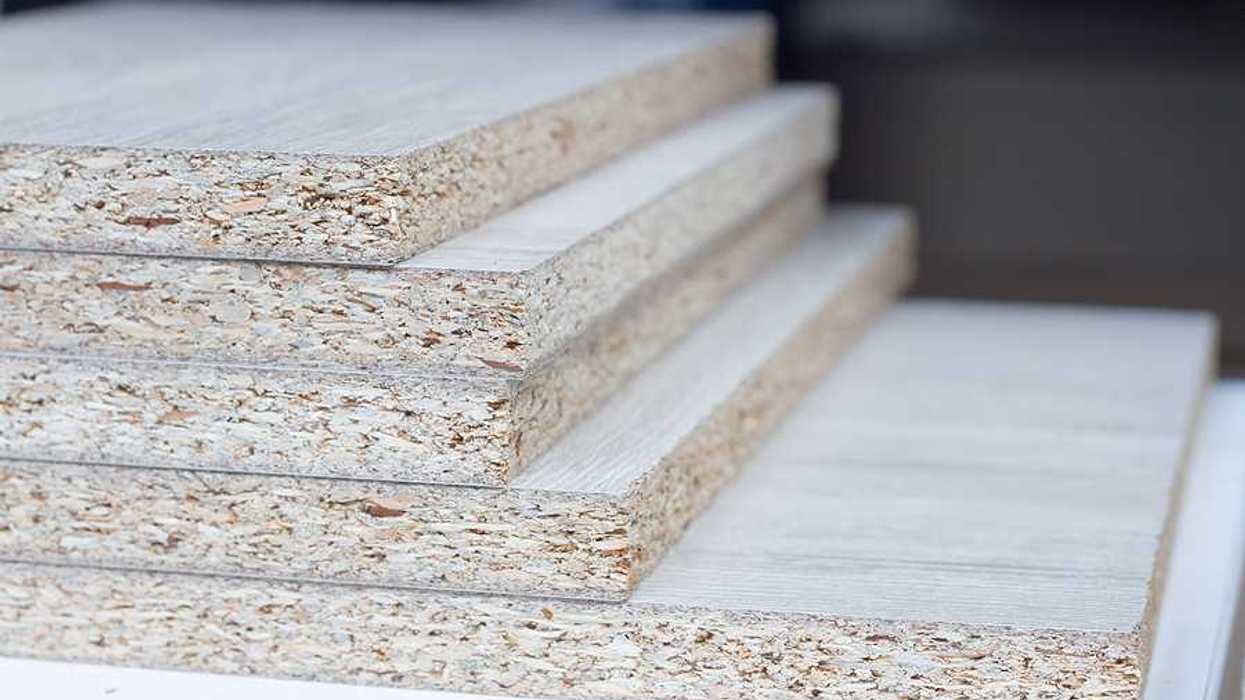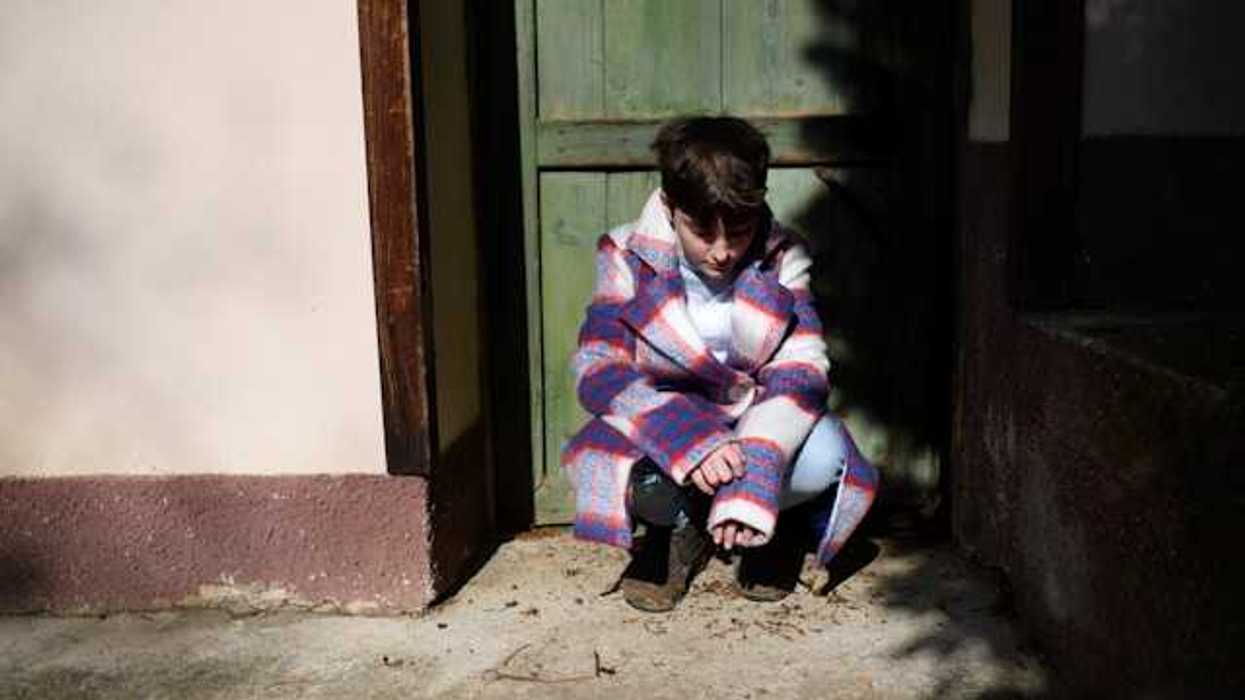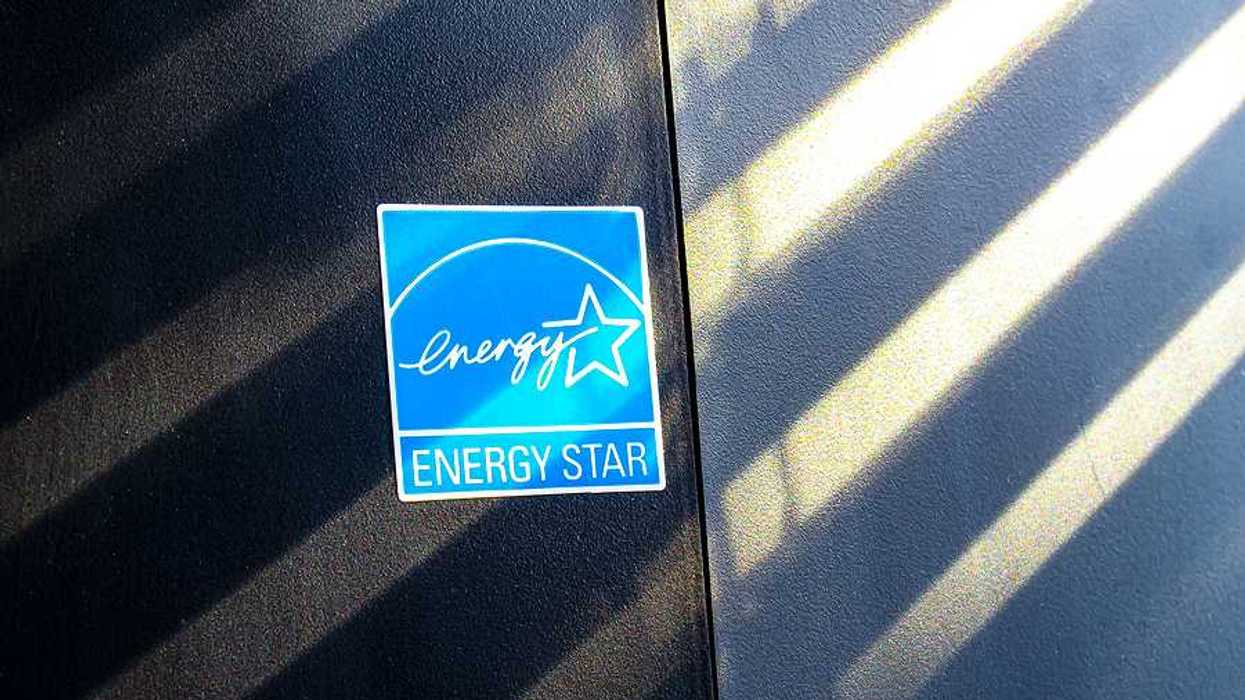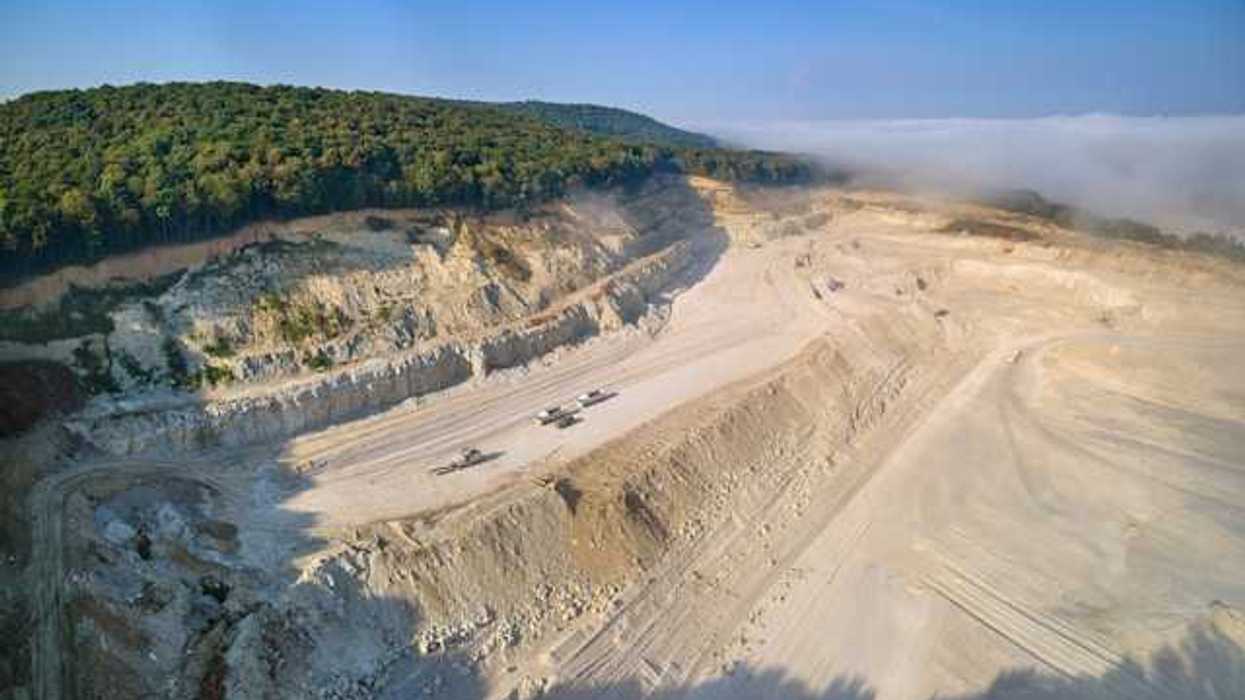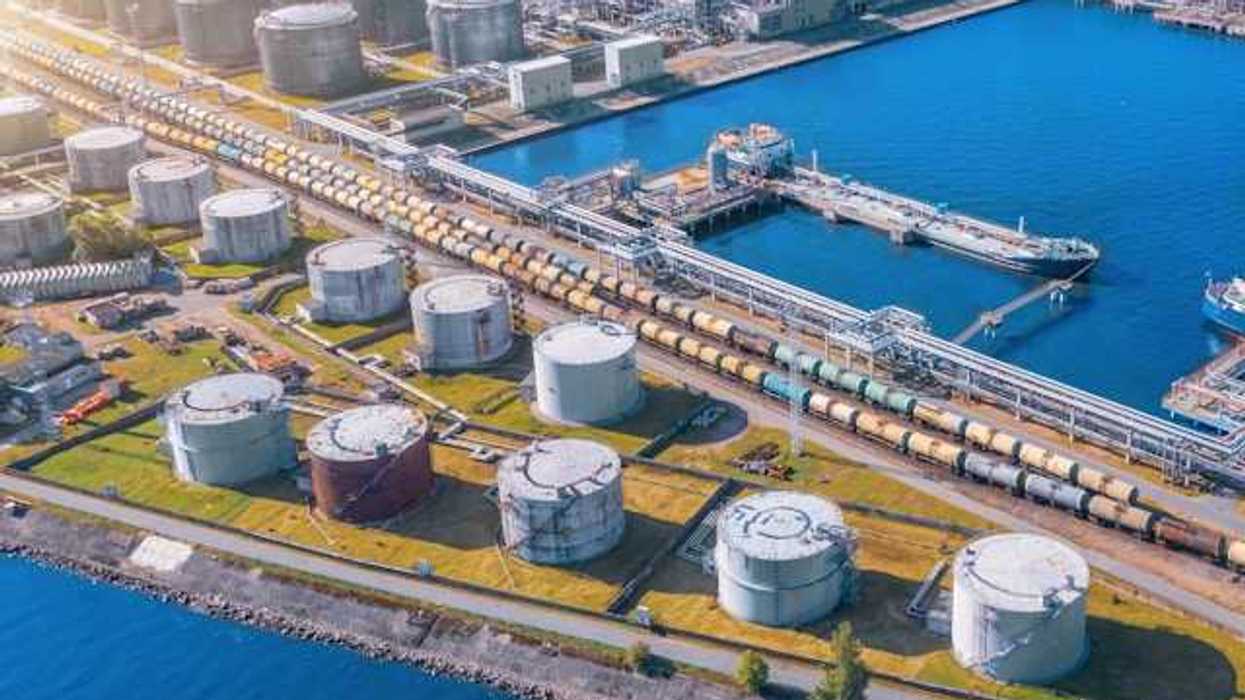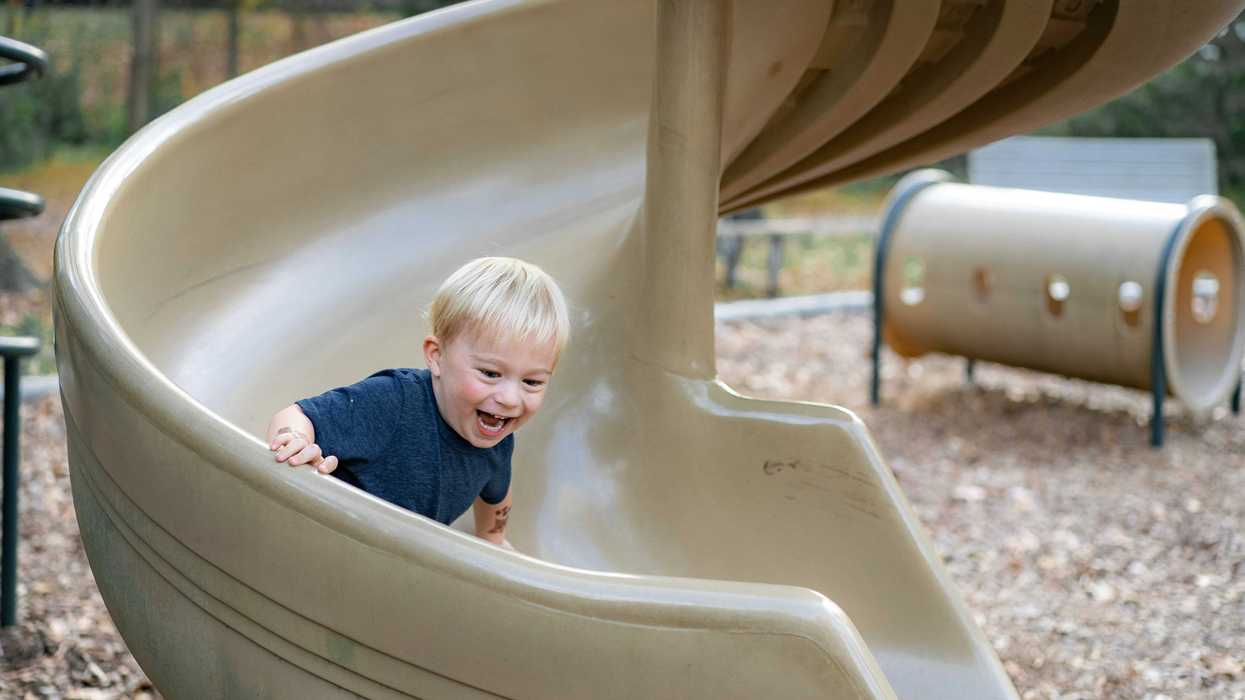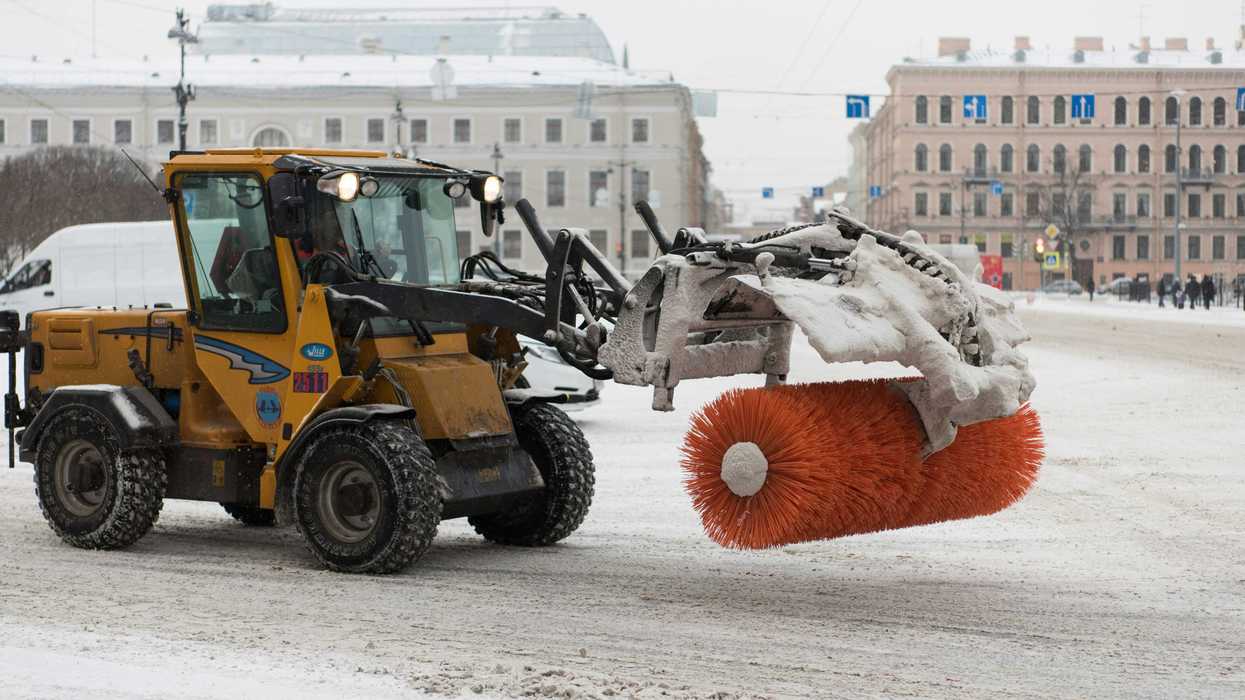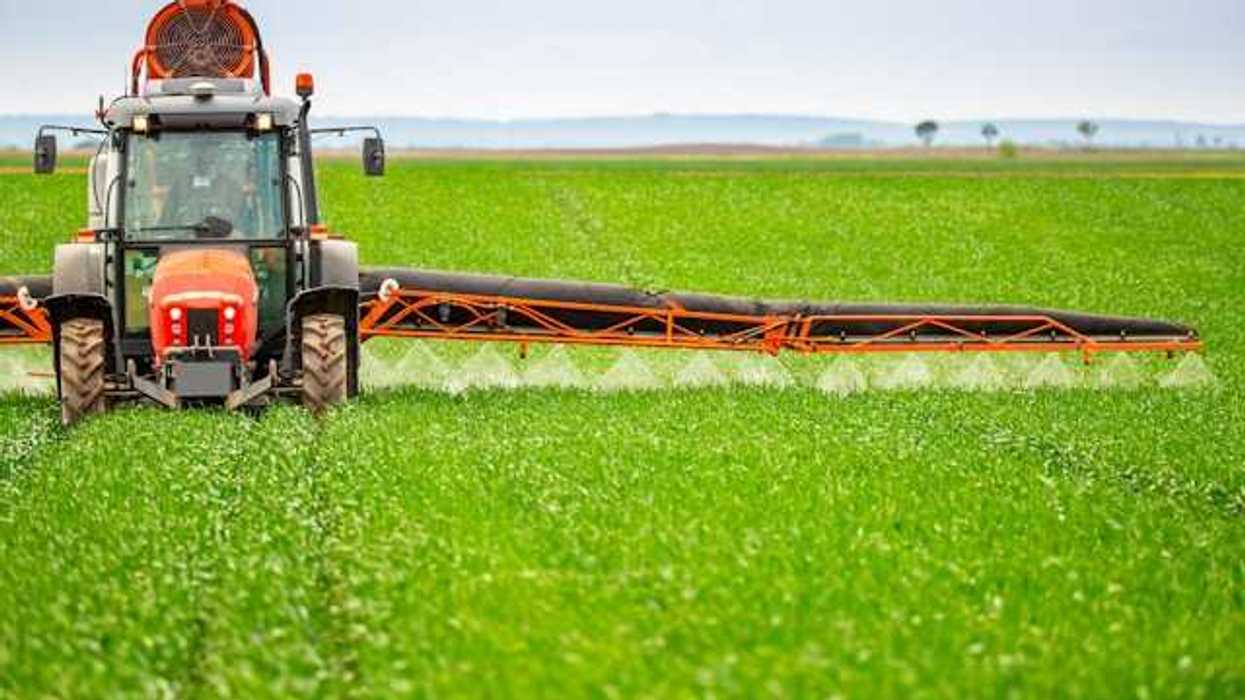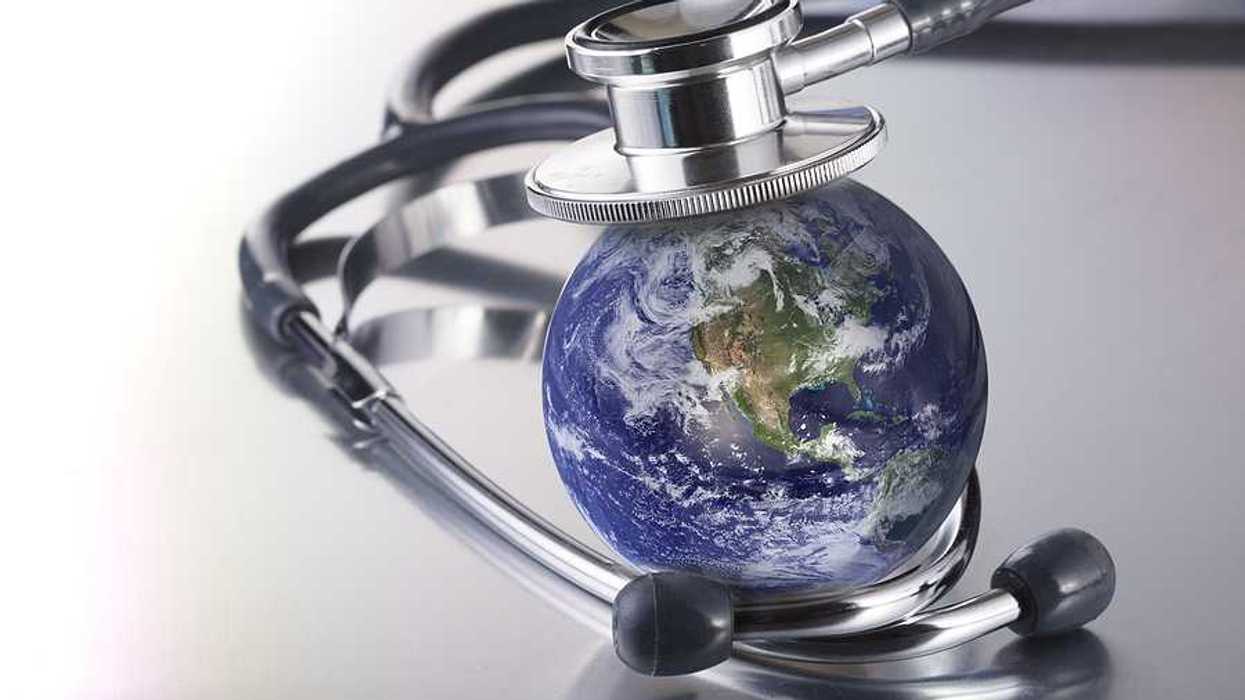As thousands of satellites burn up upon re-entry, scientists warn their emissions could disrupt atmospheric temperatures and hinder ozone recovery.
Kate Ravilious reports for The Guardian.
In short:
- More than 9,000 satellites currently orbit Earth, with projections estimating over 60,000 by 2040. Most satellites are retired by burning up in the atmosphere, releasing pollutants.
- Researchers modeled the release of 10,000 tonnes of aluminium oxide annually by 2040 from satellite re-entries, predicting temperature changes up to 1.5C in the middle and upper atmosphere, reduced wind speeds, and ozone depletion.
- Additional metals like titanium, lithium, iron, and copper will also be released during satellite re-entries, but their environmental effects remain unstudied.
Why this matters:
The rapid increase in satellite deployment, fueled by expanding communications, navigation, and Earth-monitoring demands, brings unseen environmental costs. As these satellites age out and burn up during re-entry, they release aerosolized metals like aluminium oxide into the upper atmosphere — a region critical for regulating climate and protecting life through the ozone layer. Scientists now warn that by 2040, these emissions could alter atmospheric temperatures, slow wind patterns, and stall the ongoing recovery of the ozone hole, which shields Earth from harmful ultraviolet radiation.
Learn more: Musk’s Starlink launches spark calls from scientists for a federal review of environmental risks



